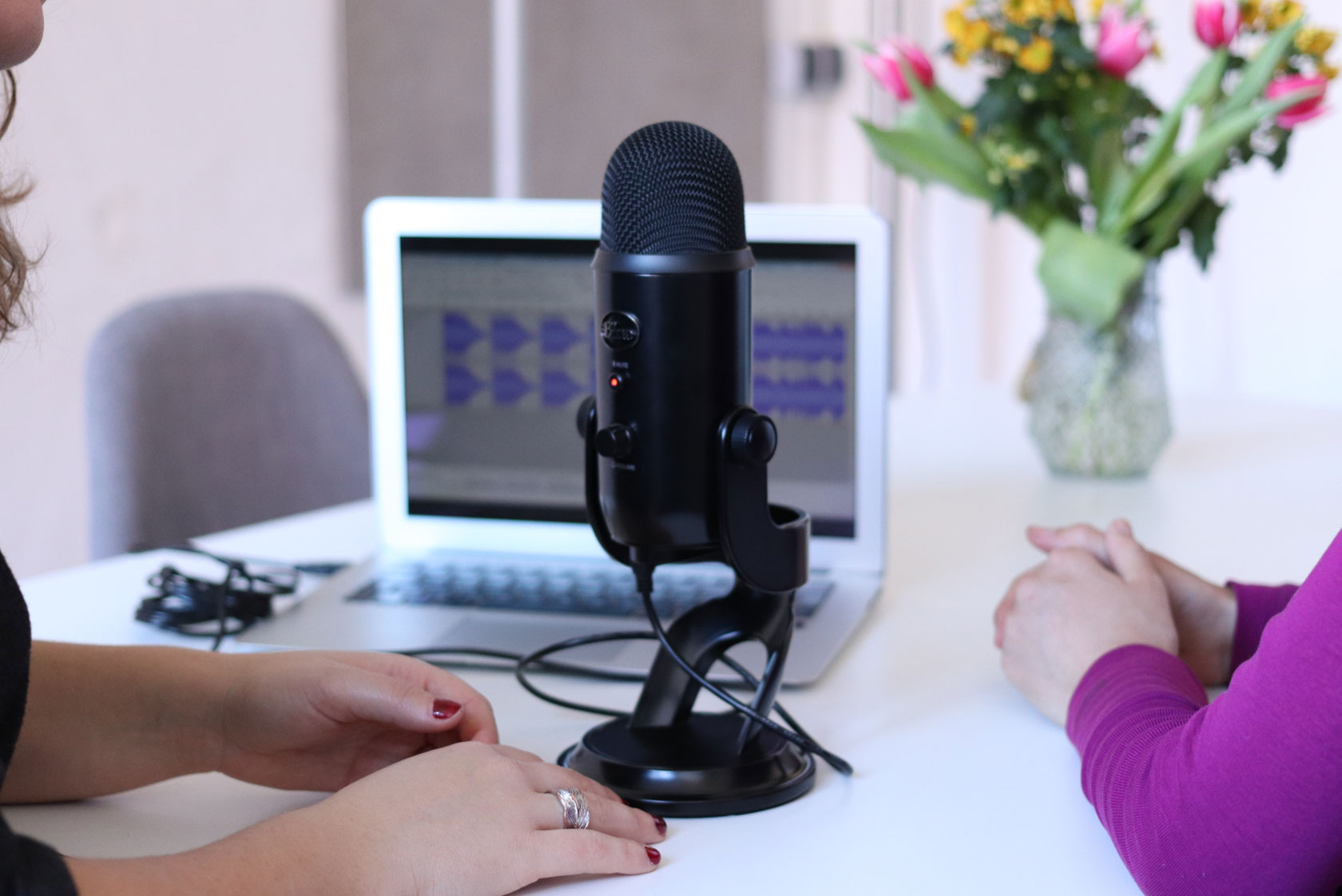
Libraries and Online Events, Part 2: How to Conduct Successful Conferences and Meetings
What should be considered so that conferences, meetings and other online event formats don’t become tiring? Or: How can they be made useful and interesting? We look into this in the second part of our three-part series on online events for libraries
In the first part of our series on online events, ‘How to plan a successful event’, we took a look at general aspects that should be considered when planning an event. In the following, we have collected some ideas on how conferences, meetings and other events can be well executed online.
Talks and other forms of input
Listening to long talks live online can be very tiring – and can make an event very long altogether. Therefore, a good alternative is to make content asynchronously available in advance. This allows participants to use it in a way that fits their personal schedule. Alternatives to live talks include:
- Pre-recorded videos of talks that can, for example, be made available via YouTube on a website or on a virtual pinboard such as Padlet.
- PowerPoint presentations including recorded video or audio files: PowerPoint enables talks to be recorded in such a way that the slides are played back for the participants in a manner that matches the speech.
- Self-explanatory slides: these can be made available in advance, for example via Slideshare.
- Text input in advance: in the form of individual documents, blog posts or similar.
During the live event, this input which has been submitted in advance can then once again be examined and discussed according to the flipped classroom principle, and questions can be asked about it. Clearly arranged handouts for talks can also facilitate the discussion.
Communicating during the event
Examples of possible videoconferencing tools for synchronous communication include:
We have compiled a large number of other possible systems here: Tool Collections: Choose the right tools for digital collaboration and learning.
Short inputs, such as a crisp keynote or introductory speech, can also be well executed online. Through screensharing, these can be visualised with slides. Live talks can be made more interactive by incorporating votings, or through participant comments and questions in the chat. However, the facilitator should make sure that the chat does not distract too much from the presentation. Live talks in individual sessions are also a good option for sub-groups that are interested in specific content.
Panel discussion and Fish Bowl
Other formats that can also be used online include panel discussions or a Fish Bowl. A videoconferencing system can be used for this purpose. The panellists engage in discussion, while the audience is muted and cannot be seen.
Depending on the tool, it is also possible for the facilitator to hide those in the audience, whose cameras are not switched on, thus increasing the focus on the active participants. Nevertheless, it is still possible to involve the audience – for example, by asking questions in the chat which the facilitator can then include in the discussion.
Trade fairs & other types of events
In addition to the types of events already mentioned, there are many other options to be explored online:
- Virtual trade fair (German): This can be simulated, for example, in a videoconferencing system where each “room” represents an “exhibition stand” where something is presented
- Digital vernissage (German): Here, the individual works could be presented one after the other in the course of a videoconference. Or different sub-rooms could be opened, whereby each one would illustrate a thematically matching aspect of the works. The whole event can be combined with a joint celebration including a toast.
- Digital BarCamp (German): A BarCamp can be conducted entirely online. There are various technical possibilities available to achieve this.
- Lean Coffee similar to a mini BarCamp, where, for example, the questions are recorded in FunRetro or another Kanban board parallel to a videoconference or with Lean Coffee Table.
- Speed-dating for exchanging knowledge: In breakout rooms (sub-rooms) of a videoconferencing system: Participants come together to quickly exchange useful information or ask for expert knowledge (example: the Innoloft network by North Rhine-Westphalia to promote the digital economy).
- Collegial consultation via videoconference.
- Webinars: Conducted via a videoconferencing system or a more specialised tool such as GoToWebinar.
- Online co-working space: Co-working can also take place virtually via videoconference rooms (example: virtual coffee).
Possible tools for activation and exchange among participants
- Chats and voting can be used in videoconferencing systems (range of functions varies depending on the system).
- Sli.do for collecting questions and for surveys. For example, questions that are important for several participants can be upvoted.
- FunRetro.io is also suitable for collecting and upvoting questions (e.g. from the chat).
- Via Mentimeter, votes can be taken or answers to a question can be collected.
- Votes or quizzes can also be conducted via Kahoot .
More tips for activating participants can be found in the third and final part of our series.
Have more tips for holding events online? Shoot us a line on Facebook or Twitter!
This might also interest you:
- Tool collections: Choose the right tools for digital collaboration and learning
- Tips and best practices: How libraries digitise their learning opportunities
- Organise BarCamps digitally: Tools & Tips (German)
- Lean Coffee – process, advantages, tips & tricks
- Libraries and online events: How to plan a successful event
The other parts of our series on libraries and online events:
Part 1: How to plan a successful event
Part 2: How to conduct successful conferences and meetings
Part 3: How online workshops encourage new ideas and collaboration
Author: Birgit Fingerle
Birgit Fingerle holds a diploma in economics and business administration and works at ZBW, among others, in the fields innovation management, open innovation, open science and currently in particular with the “Open Economics Guide”. Birgit Fingerle can also be found on Twitter.
Portrait, photographer: Northerncards©
View Comments

Libraries and Online Events, part 1: How to Plan a Successful Event
Online events have many advantages to offer. This is not only the case in the time of...



